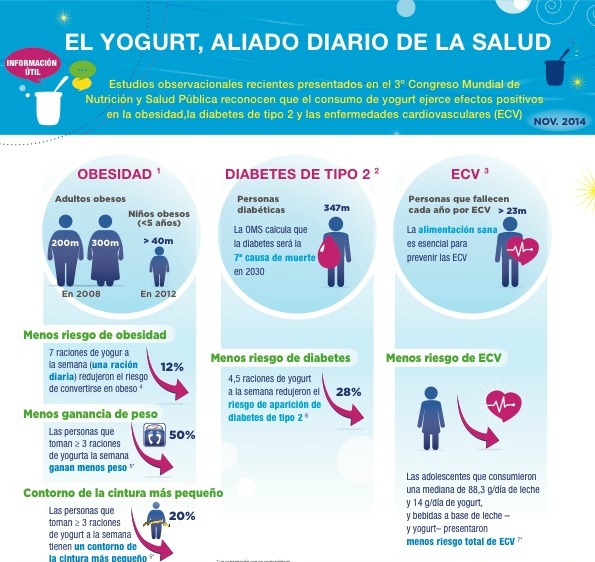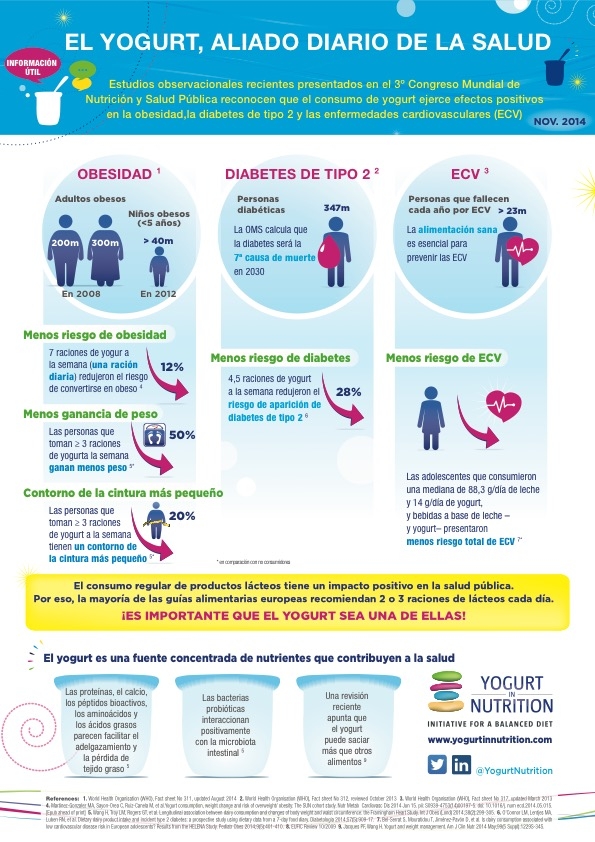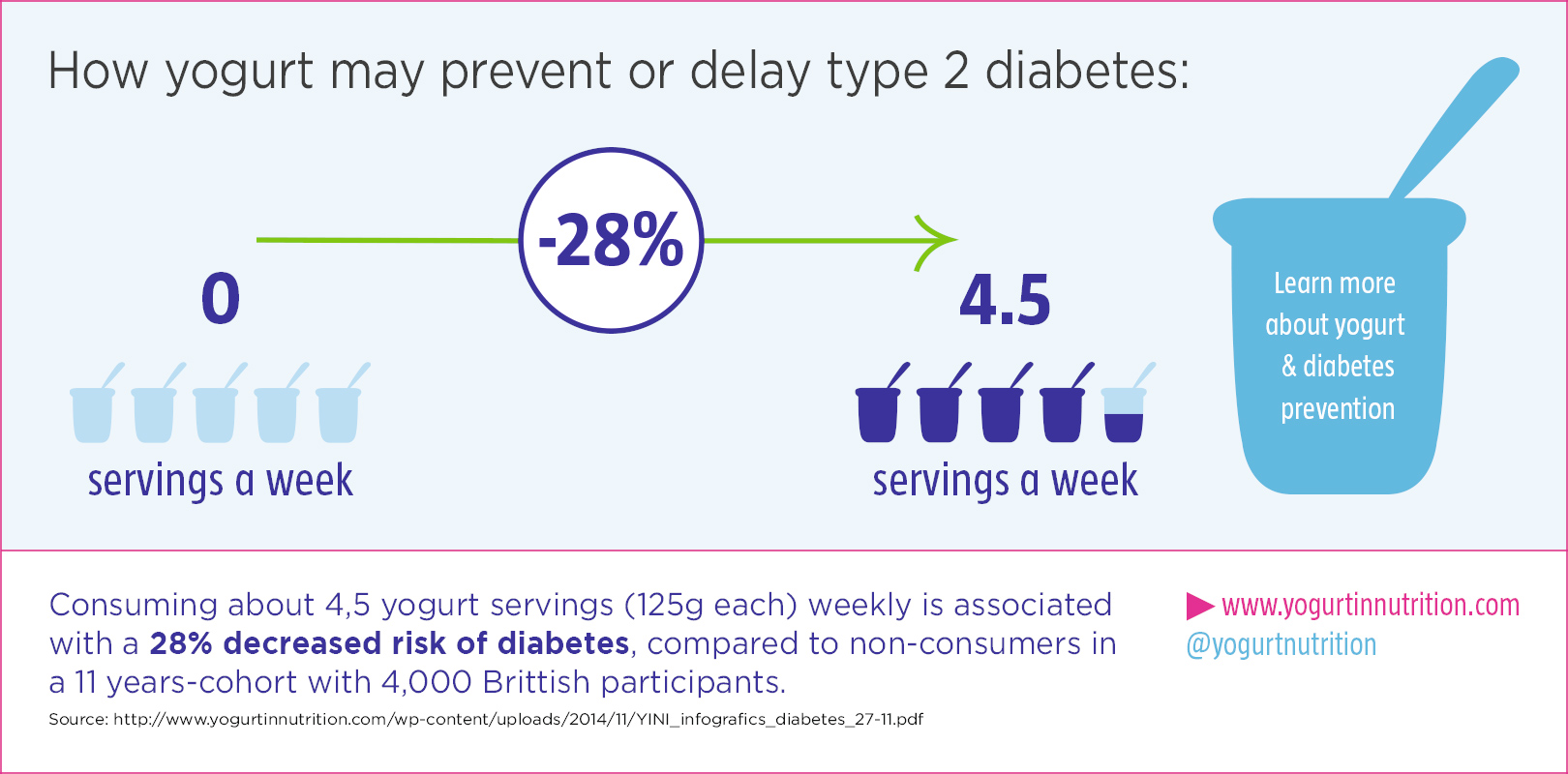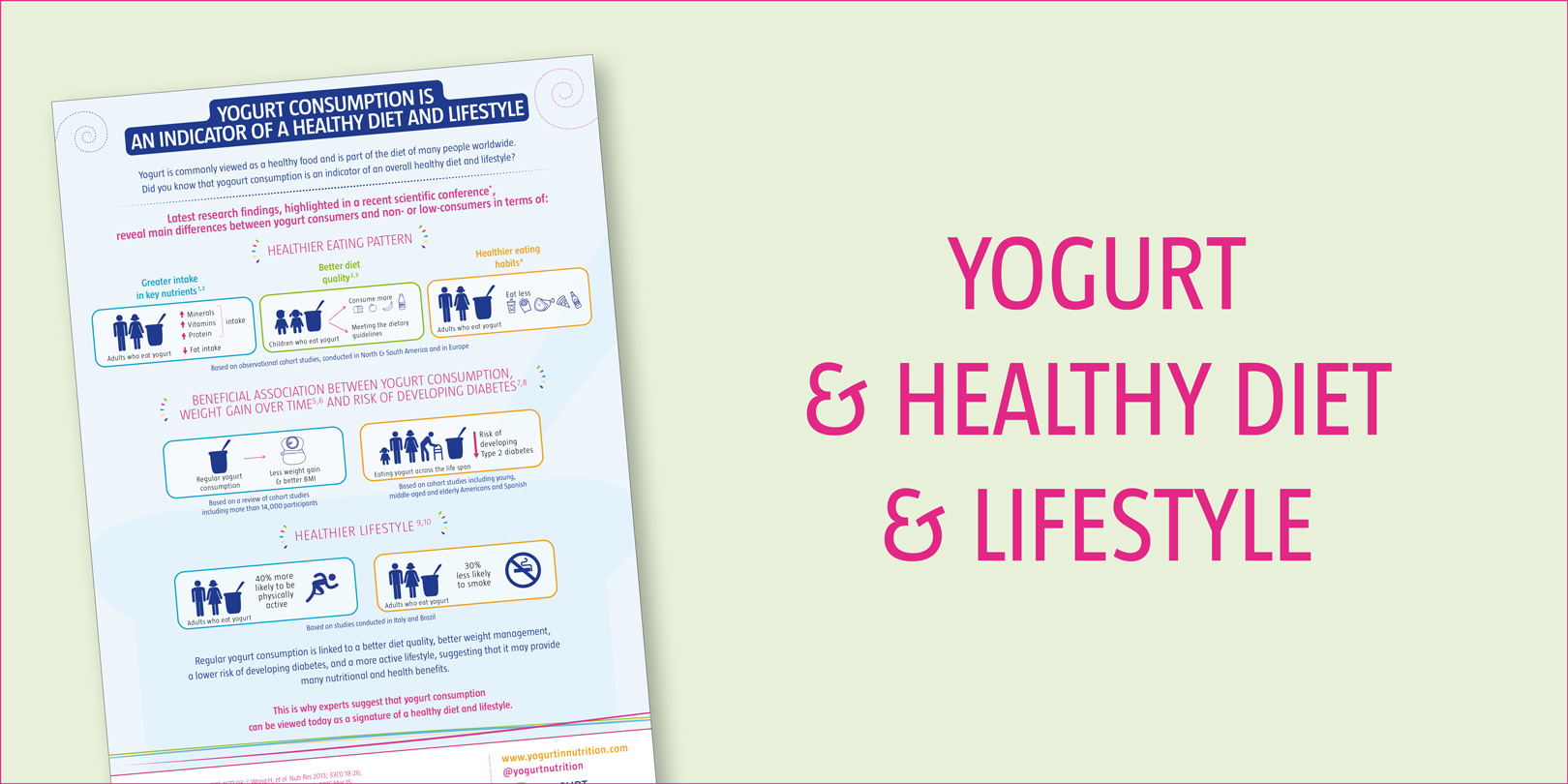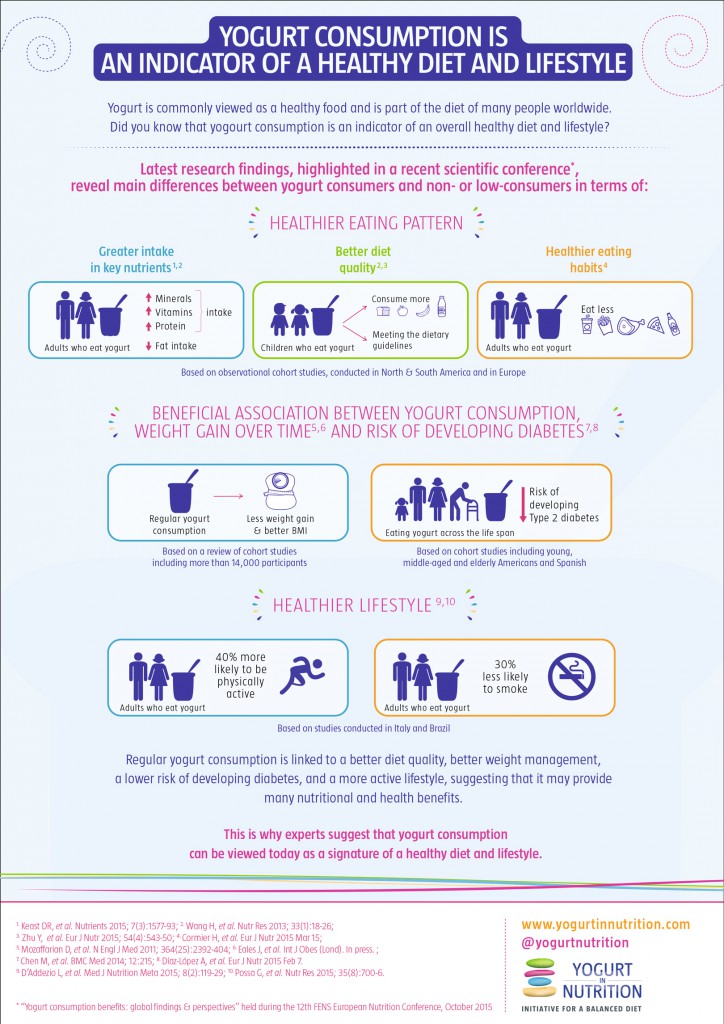Milk protein
Protein is used by every cell in our body and is an essential nutrient, particularly for the growth and repair of our muscle. Protein has also been shown to promote satiety (the feeling of fullness), weight maintenance, and control of blood sugar levels. Yoghurt and dairy contain high quality proteins with high biological value – meaning that these proteins are used well by our bodies.
The importance of maintaining muscle mass is of prime importance to the performance of athletes and to optimise the average beach body! But maintaining muscle mass is crucial to us all. From the age of 30, we lose 3-5% of our muscle every decade. Muscle wastage from our legs and arms results in decreased mobility, and increased fall and fracture risk. However, protein is in our every cell and is critical for optimal health. Optimising our dietary protein intake along with exercise can slow down this muscle loss.
Yoghurt and dairy contain high quality whey and casein proteins. The whey proteins are complete, which means they contain all the essential and non essential amino acids required by our bodies.Whey proteins are a good source of branched chained essential amino acids (leucine, isoleucine and valine) which are really important for muscle growth and repair. During the fermentation process of yoghurt, the concentration of the non essential amino acids – proline and glycine also increases, aiding immune function and nutrient absorption. Another health benefit of yoghurt.
Gut health
Yoghurt is made by the fermentation of milk by live bacteria. It is thought these bacteria may have health benefits in our guts by balancing out our good and bad bacteria. With over a hundred trillion bacteria in our gut, outnumbering our own cells 10:1 it is clear our gut bacteria need a little love and attention from the content of our shopping basket. Live bacteria in yoghurt may also play an important role in improving digestive function in people with gut problems such as Irritable Bowel Syndrome (IBS).
Lactose intolerance
Animal milks naturally contain the sugar Lactose. Some people struggle to digest large amounts of Lactose, which may result in unpleasant gut symptoms. Yoghurt is made by the fermentation of milk by live bacteria. The bacteria ‘feed’ off the lactose, producing lactic acid and yoghurt’s characteristic tangy taste, and in the process removes some of this lactose. In those who are lactose intolerant – yoghurt can usually be better tolerated than other milk products. Contact your Dietitian if you are concerned about Lactose intolerance or if you’ve removed milk products from your diet.
Bone health
Animal milks naturally contain the sugar Lactose. Some people struggle to digest large amounts of Lactose, which may result in unpleasant gut symptoms. Yoghurt is made by the fermentation of milk by live bacteria. The bacteria ‘feed’ off the lactose, producing lactic acid and yoghurt’s characteristic tangy taste, and in the process removes some of this lactose. In those who are lactose intolerant – yoghurt can usually be better tolerated than other milk products. Contact your Dietitian if you are concerned about Lactose intolerance or if you’ve removed milk products from your diet.
Health benefits of yogurt
Yoghurt is an easy and convenient desert – add it to your lunchbox or as a mid week meal finale. Want to get a little more creative? Try adding seeds, nuts and fruit. Use it as a base for your dips or add it to your cooking to recipes requiring cream, for a lower fat alternative. Try a Greek or strained yoghurt – with a rich creamy taste and a fabulous nutrition profile, it’s a great snack, dessert and cooking option for those of you looking for the health benefits of yoghurt. A word of warning – watch the ‘added extra’! Some makes of yoghurt add sugar in surprisingly large quantities to improve the taste of their product. Yoghurts contain sugar naturally from the milk and some have added fruit, which is a further source of natural sugar. Check the ingredients list for any additional ‘added extras’.


